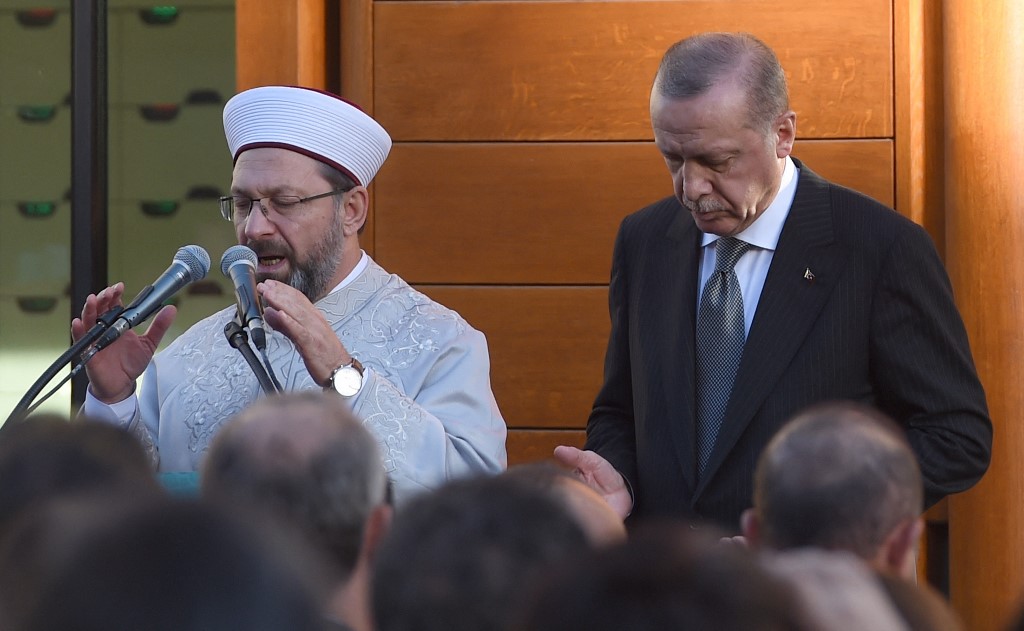A secret report on Dutch national security that was leaked on Monday has revealed concerns among the authorities about the influence of what it calls a conscious Islamization strategy pursued by Turkish President Recep Tayyip Erdoğan for Dutch people of Turkish descent, noting that it could compromise the security of the Netherlands by giving rise to Salafism/jihadism.
According to the report acquired by Dutch monthly news magazine HP/De Tijd, the National Coordinator for Security and Counterterrorism, a Dutch security body, writes that President Erdogan is implementing a conscious Islamization strategy that is having an influence in the Netherlands.
Erdoğan would give space to Salafist, sometimes jihadist, organizations with ties to Turkish-Dutch institutions, which could affect Dutch security, the service believes.
Salafism is an ultra-conservative movement within Sunni Islam, and a small proportion of its followers – known as jihadi Salafists – believe in violence.
According to the Dutch media, the leaked document points to a possible link between the “anti-Western rhetoric” of the Turkish president and the terrorist attack on a tram in the city of Utrecht in the Netherlands in 2019 that killed four people. A day before the attack in Utrecht, Erdoğan had spoken about attacks on mosques in Christchurch, New Zealand, placing it “in a context of war between Muslims and Christians,” HP cited the document as saying.
The report, titled “The development of Salafism among Turks – the influence in the Netherlands,” was analytically incomplete and had not been signed off with other security services and ministries, NCTV said in reaction to the leak.
The document states that the Turkish community is “vulnerable to influence from Turkey.” The connections with Turkey are strong, and many Turkish Dutch vote for Erdoğan in elections back home. They are also associated with foundations that are in contact with the Turkish government.
Turkey’s pugnacious leader has traded barbs with European politicians on many occasions over their handling of Islamist threats, most recently with French President Emmanuel Macron.
“What problem does this person called Macron have with Muslims and Islam? Macron needs mental treatment,” Erdoğan said over France’s crackdown on various NGOs the country said fostered radicalization.

